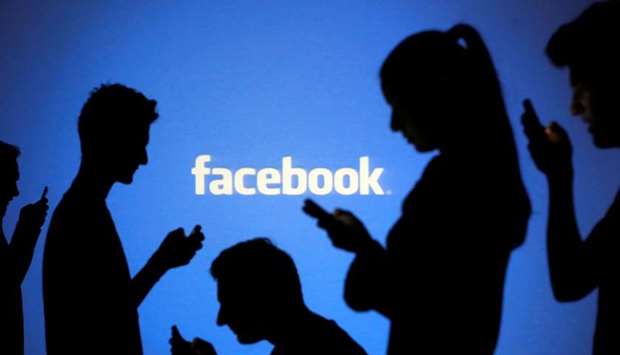Facebook Inc said it has removed a number of pages and accounts engaged in ‘inauthentic behaviour’ targeting people in Moldova, where elections will be held later this month.
The owners of pages and accounts typically posted about local news and political issues such as requirements for Russian- or English-language education and potential reunification with Romania, Facebook said in a blog post.
‘Although the people behind this activity attempted to conceal their identities, our manual review found that some of this activity was linked to employees of the Moldovan government,’ Facebook said on Wednesday.
Moldova's government said on Thursday it welcomed any initiative to combat the phenomenon of ‘fake news’, adding that more than 200,000 Moldovans were state employees.
‘The Government of the Republic of Moldova does not check the activity of the private social network accounts of their employees,’ it said.
‘Moreover, they have different political views and opinions, and the state is obliged to maintain the boundary between fighting the phenomenon of Fake News and guaranteeing the freedom of expression for citizens.’
Facebook said it removed 168 accounts, 28 pages and eight Instagram accounts involved in activities that used a combination of fake accounts and some authentic accounts to mislead others about who they were and what they were doing.
About 54,000 accounts followed at least one of these Facebook pages, the company said.
Facebook has been recently cracking down on such accounts in countries including Russia, Iran and Indonesia after coming under fire in the last two years for its self-confessed sluggishness in developing tools to combat extremism and propaganda.
Sandwiched between EU member Romania and Ukraine, the tiny ex-Soviet republic has been dogged by scandal and its pro-Western government has failed to lift low living standards.
That has driven many Moldovan voters towards the Socialists, who favour closer ties with Russia.
The European Parliament called Moldova a ‘state captured by oligarchic interests’ in November, and there are concerns whether the parliamentary election on February 24 will be fair.
The election is likely to produce a hung parliament, which could set the scene for months of wrangling or possibly further elections.

